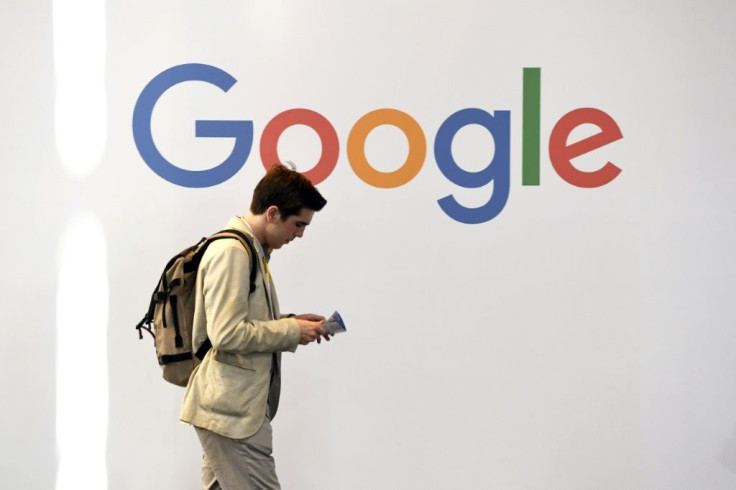What Is A Geofence Warrant? Bank Robbery Accused Snagged Using Google Maps Location Data
The Richmond police used personal data from Google Maps to crack a six-month-old bank robbery, triggering protests from the suspect's counsel that the use of what is known as a "geofence warrant" was a violation of the Fourth Amendment, which protects people from unreasonable searches and seizures.
The police investigating the robbery in Midlothian, Virginia on May 20 turned to Google after the investigation hit a deadend. They issued the geofence warrant that would allow them access to the massive amount of information collected by private companies such as Google.
An analysis of the data led the police to a 24-year-old man from Richmond, Okello Chatrie, according to a report by NBC News. He was charged with armed robbery after the authorities pinned him down by narrowing down a list of people using Google’s location data around the bank at the time of the crime.

Though geofencing warrants proved to be a powerful weapon for investigators, the practice has been criticised for its diluting effect on the Fourth Amendment right. That exactly is Chatrie’s defense.
"It is the digital equivalent of searching every home in the neighborhood of a reported burglary, or searching the bags of every person walking along Broadway because of a theft in Times Square," Chatrie's lawyers were quoted by the NBC News.
"Without the name or number of a single suspect, and without ever demonstrating any likelihood that Google even has data connected to a crime, law enforcement invades the privacy of tens or hundreds or thousands of individuals, just because they were in the area."
Chatrie, accused of robbing the bank of $195,000, has pleaded not guilty and is awaiting trial. Google has yet to issue a comment on the matter.
© Copyright IBTimes 2024. All rights reserved.











